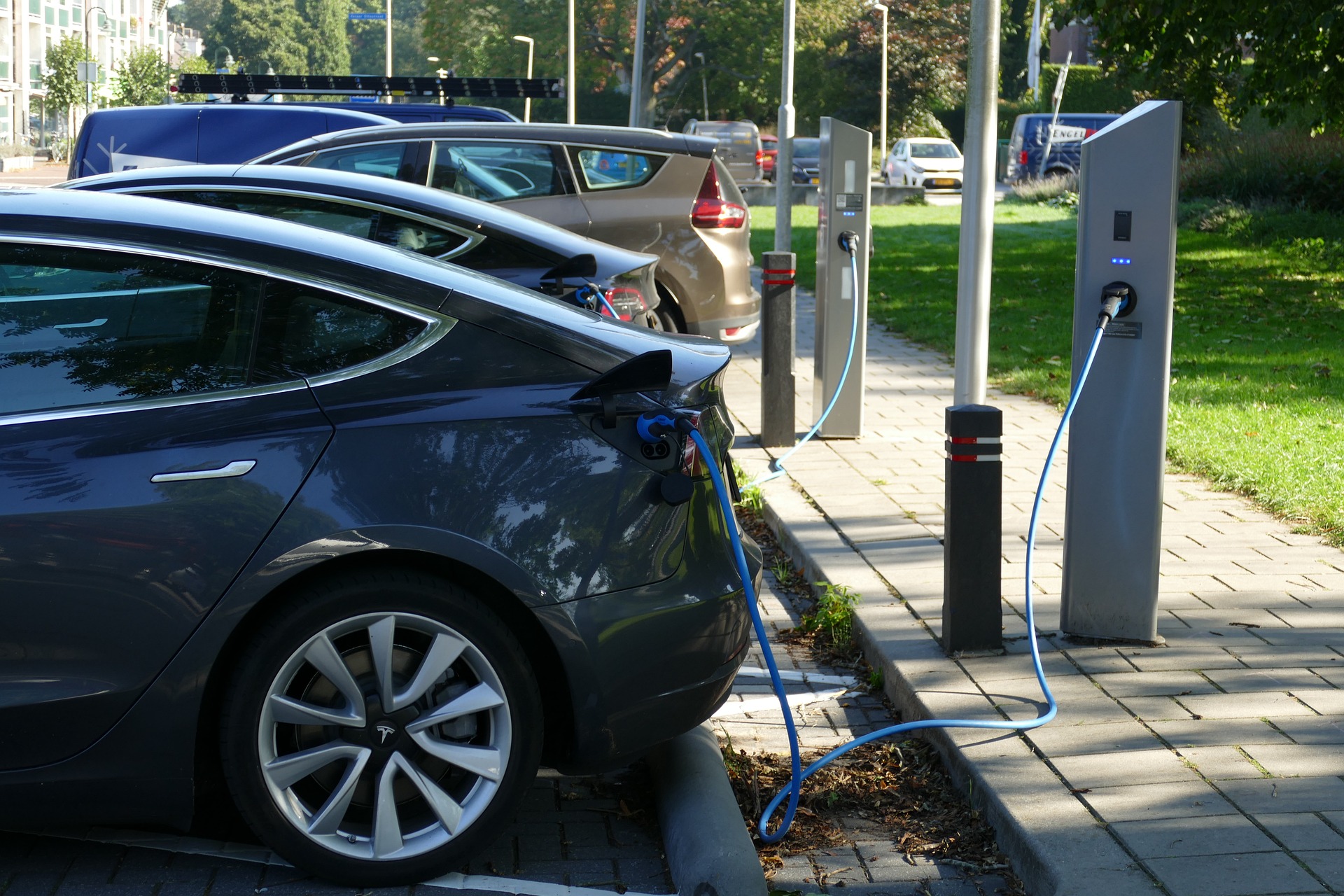Everything You Need to Know About EV Chargers

Electric vehicles (EVs) are slowly but surely gaining popularity. In the second quarter of 2022, EV sales accounted for around six percent of the total vehicle sales. An electric car isn’t powered by gas or other fossil fuels and can save you money in the long run. EVs are also better for the environment and can help owners reduce their carbon footprint.
What Are EV Chargers?
An EV Charger is an electrical cord that transfers power from an eclectic source to an electric vehicle. Some EV chargers pull small volts of energy, like a level 1; 120-volt charger, that plugs directly into a traditional home outlet. There are other larger energy-pulling chargers, like a level 3 charger, that power an EVs battery in minutes rather than hours.
Depending on the vehicle and its battery needs will depend on what type of charger your North Bay EV station should have installed.
How Does an EV Charger Work?
How long an electric car charge depends on whether you use an AC or DC charger.
An AC charger pulls electricity from the grid and sends it to a converter built into the vehicle. The converter converts AC power to DC power so the battery can use it. On the other hand, a DC charger converts DC power to AC power within the charging unit itself and then sends it directly to the battery.
Types of Chargers
➢ Level 1 Charger: Level 1 chargers are the most basic type. They consist of a charging cable that can be plugged into a typical household 120-volt outlet. Recharging with a level 1 charger can be painstakingly slow, which is why many EV owners use it as an emergency backup. Level 1 chargers are more suitable for plug-in hybrid vehicles as they have smaller batteries that charge faster.
➢ Level 2 Charger: These chargers have a seven-pin design. A level 2 charger can be plugged into 240-volt outlets or 240-volt circuits usually used for household appliances such as washers and dryers. Because a level 2 charger pulls more electricity than a level 1 charger, it can charge your car a quarter of the time. Level 2 chargers are often found in public areas such as shopping centers and restaurants.
➢ Level 3 Charger: Level 3 chargers are designed for commercial use. A level 3 charging station can charge an EV 16-32 times faster than a level 2. Researchers are trying to increase the capacity of level 3 charging stations. In the future, charging an EV with a level 3 charging station will be as quick as refueling a traditional vehicle.
How to Have a Charger Installed
If you want to set up an EV charging station in North Bay, it is time to call the professionals at CORE Electrical Services.
To begin, there will be a few factors that you will need to know about your electrical installation project. Before you call a team of technicians, you must know what type of charging station you want to be installed, what kind of car you would like to charge with the charger, and how many charging stations your location needs.
With the help of a professional electric vehicle charger installation services provider, your home or commercial property can begin supplying EVs with power to hit the road.
CORE Electrical Services offers a full range of electrical services. Our technicians have years of experience installing and maintaining vehicle chagrin stations for commercial properties across the North Bay. To learn more about electric vehicle charger installations, call our team of experts at (707) 687-5083.
